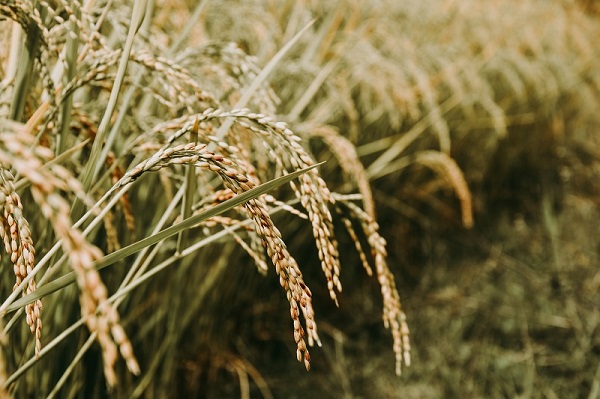India banned rice exports in a daring step with far-reaching consequences, sparking debate over the reasons for the ban, the worldwide consequences, and the impact of climate change.
Climate Change as a Moving Force
Climate change has emerged as one of the key factors in India’s decision to suspend rice exports. El Nino, characterised by abnormal warming of the eastern Pacific Ocean, has become a regular source of concern. This climate trend causes extreme changes in weather, resulting in both droughts and torrential rainfall.
Rice production, a labour-intensive and water-intensive operation, is particularly vulnerable to climate change. Rising temperatures and shifting rainfall patterns due to global warming exacerbate the issues El Nino faces. According to an IRRI (International Rice Research Institute) study, each 1°C increase in average night-time temperatures results in a 10% decrease in yield. At the same time, heat stress reduces quality by increasing starch buildup and chalkiness.
Consequences for the Indian and Global Economy
Given that India is the world’s largest rice exporter, the ban on rice exports is expected to have significant effects. While the export ban does not apply to high-quality basmati rice, suspending non-basmati white rice shipments, which account for around 25% of overall exports, might cause price volatility and supply shortages in the worldwide market.
Domestically, the ban improves food security for India’s rising population, but it may impact farmer incomes who rely largely on rice exports.

Taking the Next Step
Short- and long-term solutions are required to address climate change concerns and ensure food security. Short-term ways involve adopting proactive measures to reduce the immediate consequences of El Nino and harsh weather conditions. These efforts could include better irrigation techniques, crop variety, and stockpiling to alleviate supply shortfalls.
Long-term resistance against climate change requires the adoption of sustainable farming practices. Drought-resistant crop types, efficient water management, and climate-smart farming techniques can all help to maintain steady agricultural yields.
All in all, the decision by India to limit rice exports, driven by the effects of climate change, highlights the critical need to address the vulnerabilities of global food systems. Climate patterns such as El Nino amplify agricultural concerns, and collaborative efforts are required to secure global food security. Countries may limit the impact of climate change on essential crops like rice by embracing sustainable practices and innovative solutions, thus creating a more secure future for everybody.



